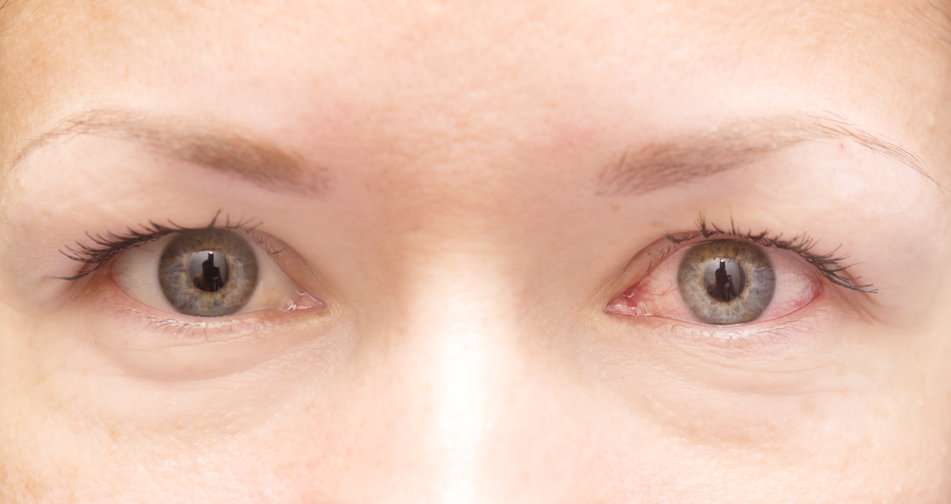Diabetes is a disease caused by chronically elevated blood sugar. When we ingest carbohydrates and sugar, the sugar level in our blood rises, and our pancreas secretes insulin to help lower it. If we ingest large amounts of sugar for long periods of time, our body can become resistant to its own attempt to lower it, this is called “insulin resistance”. If our bodies become resistant to insulin, when we ingest sugar our pancreas will release insulin, but our bodies will not respond appropriately to lower the sugar in our blood. This leads to structural and functional changes within our body that can have severe consequences. Diabetes commonly affects structures with small blood vessels. An area where these changes often occur is the eyes. This is why doctors will recommend diabetic patients see their optometrist or ophthalmologist at least annually, to ensure any changes are being closely monitored.
When blood sugar remains elevated within the small blood vessels in the eye, the walls of the vessels break down, and fluid leaks out of the blood vessels. This is called Diabetic Retinopathy, and it is one of the leading causes of blindness in working age adults. Diabetic retinopathy has several stages and levels of severity. There are two major distinctions when classifying diabetic retinopathy. Diabetic retinopathy can either by “non-proliferative” or “proliferative”. Non-proliferative is the less severe of the two classifications. It means the blood vessels are leaking, but the body has not tried to grow any new ones. If the amount of leaking becomes severe enough, and the eye is struggling to maintain its nutrient and oxygen flow, the eye will grow new blood vessels to try to help the eye function properly. This process may sound like a good idea, however, the vessels grown in this setting are not beneficial to the eye, and can result in severe vision loss if not treated promptly.
Treatment for non-proliferative diabetic retinopathy includes controlling the diabetes. This involves monitoring blood sugar and doing one’s best to keep it within normal limits with diet, exercise, and medication. For most, simply lowering the sugar levels in the blood will allow the body to heal itself without any long-term effects. However, if the disease progresses in severity to proliferative, the treatment strategy changes dramatically. Treatment of proliferative diabetic retinopathy can include injections and/or laser procedures. These are aimed at stopping the new blood vessel growth, and preventing vision loss. As proliferative diabetic retinopathy often requires more substantial intervention and closer monitoring, it is best managed by an ophthalmologist, preferably a retinal specialist.
A person can have diabetic retinopathy and not know it until it becomes severe or even blinding. The only way to detect the early signs of diabetic retinopathy is with a comprehensive eye examination. The inside of the eye can be viewed by either wide field pictures, or a dilated exam by an eye care professional. I recommend a dilated eye exam by an optometrist or ophthalmologist at least annually for all diabetic patients, even if they’re well controlled. Just as the eyes are called “the window to the soul”, they can also act as the window into your whole-body health. If you have more questions about diabetes, the eyes, or how they relate, talk to your doctor and/or see the links below.
References:
https://www.mayoclinic.org/diseases-conditions/diabetic-retinopathy/symptoms-causes/syc-20371611
https://www.aoa.org/healthy-eyes/eye-and-vision-conditions/diabetic-retinopathy?sso=y
https://www.hopkinsmedicine.org/health/conditions-and-diseases/diabetes/diabetic-retinopathy












